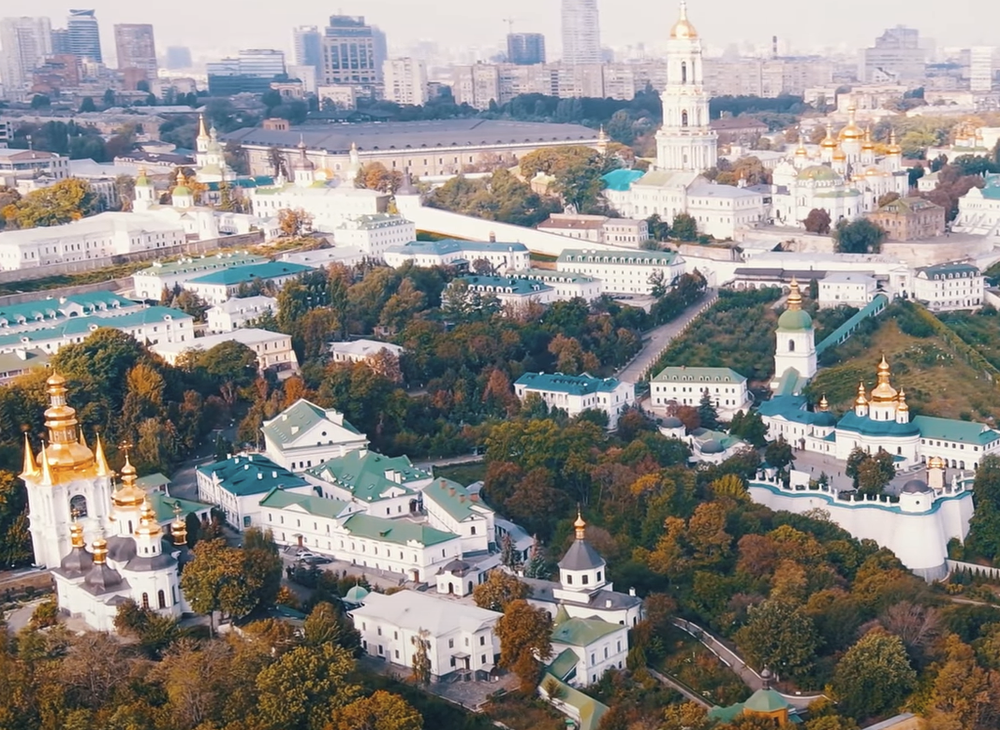This was a very important weekend in the history of Eastern Orthodox Christianity in Ukraine and Russia — for those (including journalists) who believe that religious traditions and symbols matter as much as statements by government officials and headlines in Western media.
At the center of the drama, of course, was the city of Kiev, as it is known in to Russians and many Ukrainians, and Kyiv, as it is known to many Ukrainians, as well as officials in the United States and the European Union.
Here’s the quotation I keep thinking about, drawn from a historian (and Orthodox priest) I interviewed for a 2018 column that ran with this headline: “A thousand years of Orthodox history loom over today’s Moscow-Istanbul clash.” That quote: "Kiev is the Russian Orthodox Church, and the Russian Orthodox Church is Kiev." From this point of view, the churches of Ukraine and Russia are brothers, connected by centuries of shared history — good and bad — and Orthodox tradition.
The crucial issue, in many ways, is one the press seems to think is secondary — the future of the Kiev Pechersk Lavra, the font of Orthodox spirituality in the Slavic world.
Let’s start with two short wire-service reports and, along the way, I will point readers to some crucial documents that add more depth and clues as to what is happening. First, from the Associated Press:
KYIV, Ukraine — The leaders of the Orthodox churches in Ukraine that were affiliated with the Russian Orthodox Church have adopted measures declaring the church’s full independence and criticizing the Russian church’s leader for his support of Russia’s invasion of Ukraine.
Orthodoxy, the largest religious denomination in Ukraine, is divided between churches that had been loyal to the Moscow Patriarchate and those under a separate ecclesiastical body.
The council of the Moscow-connected body, the Ukrainian Orthodox Church, on Friday said it “condemns the war as a violation of God’s commandment ‘Thou shalt not kill!’ ... and expresses disagreement with the position of Patriarch Kirill of Moscow and All Russia regarding the war in Ukraine.”
It also adopted charter changes “indicating the full self-sufficiency and independence of the Ukrainian Orthodox Church.”
Note, in the lede, the assumption that simply saying that this has happened means that it has happened, as in the “leaders of the Orthodox churches in Ukraine that were affiliated with the Russian Orthodox Church.”
Now, the official declarations (click here for details) made by the leaders of the oldest Orthodox body in Ukraine — usually called the Ukrainian Orthodox Church (Moscow Patriarchate) — are very serious and they were accompanied by changes in WORSHIP that, for the Orthodox, are even more important than words on paper.










